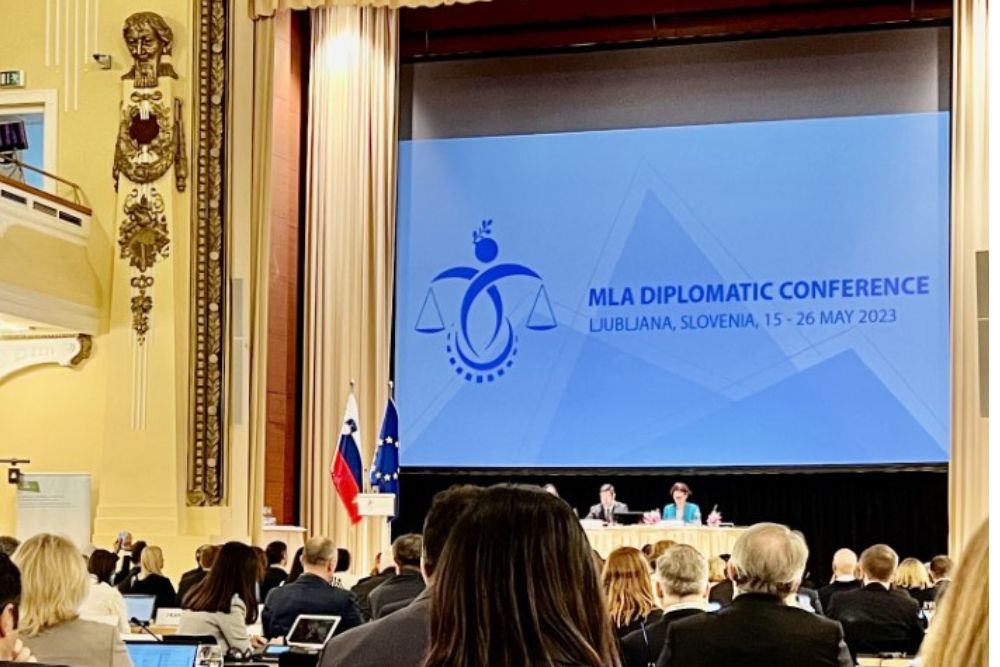The International Commission of Jurists (ICJ) has welcomed the adoption of the Ljubljana-The Hague Convention on International Cooperation in the Investigation and Prosecution of Genocide, Crimes Against Humanity, War Crimes And Other International Crimes (MLAT), on 26 May in Ljubljana Slovenia.
The treaty is aimed at facilitating the effective investigation and prosecution of the most serious international crimes under international law by ensuring the effective multilateral cooperation of States in the administration of justice.
The treaty covers war crimes, genocide, and crimes against humanity. It will also apply to the crimes of enforced disappearance, torture, and aggression where States have made a separate declaration to that effect.
“The MLAT fills a critical gap in international justice by removing many of the obstacles that have allowed numerous perpetrators of the worst human rights atrocities to evade accountability” said ICJ Legal and Policy Director, Ian Seiderman.
The treaty, if widely ratified, stands to reduce the incidence of impunity of perpetrators, many of whom currently find safe haven in States around the world when authorities fail to prosecute them or extradite them for prosecution in another jurisdiction.
The mutual legal assistance provisions and the extradition provisions also provide a clear framework to facilitate the swift investigation and prosecution of these crimes, which can be notoriously challenging for prosecutors given the cross-border nature of the evidence and often inaccessibility of victims, witnesses, and perpetrators.
“Establishing this legal framework to facilitate the prosecution of these crimes in countries around the world effectively completes the unfinished business of States acting 25 years ago in Rome to create the International Criminal Court,” added Ian Seiderman.
The Treaty also codifies expanded recognition of the rights of victims to reparation; prohibits statute of limitations for these crimes in most circumstances; and recognizes, in most cases, the obligation to extradite and prosecute for each of the crimes covered by the treaty.
While a small minority of states in the final days of the negotiations successfully pushed for the insertion of a limited reservation to the obligation to extradite and prosecute, it is notable that the majority of states from all regions who were present recognized that this unjustifiable provision would leave a large accountability gap. According, additional language in the provision was added to ensure that any reservation must accord with international legal obligations, which generally means that the obligation to prosecute or extradite will continue to remain in effect for most crimes.
The Convention also provides that none of the provisions shall be interpreted to limit or prejudice in any way existing or developing rules of international law.
Background
The negotiations in Ljubljana capped a process that had begun in 2011 with the launch of the MLA-Initiative by the Core States: Belgium, the Netherlands, Slovenia, Argentina, Senegal, and Mongolia. Eighty States from all regions of the world subsequently joined as Supporting States of the MLA-initiative. It is through the negotiation between Supporting States that the text of the Convention was adopted.
The Convention will be open to all States for signature in 2024 in the Hague at a date to be determined.
Contact:
Ian Seiderman, ICJ Legal and Policy Director, e: ian.seiderman@icj.org
Raquel Saavedra, ICJ International Legal Adviser, e: Raquel.saavedra@icj.org




